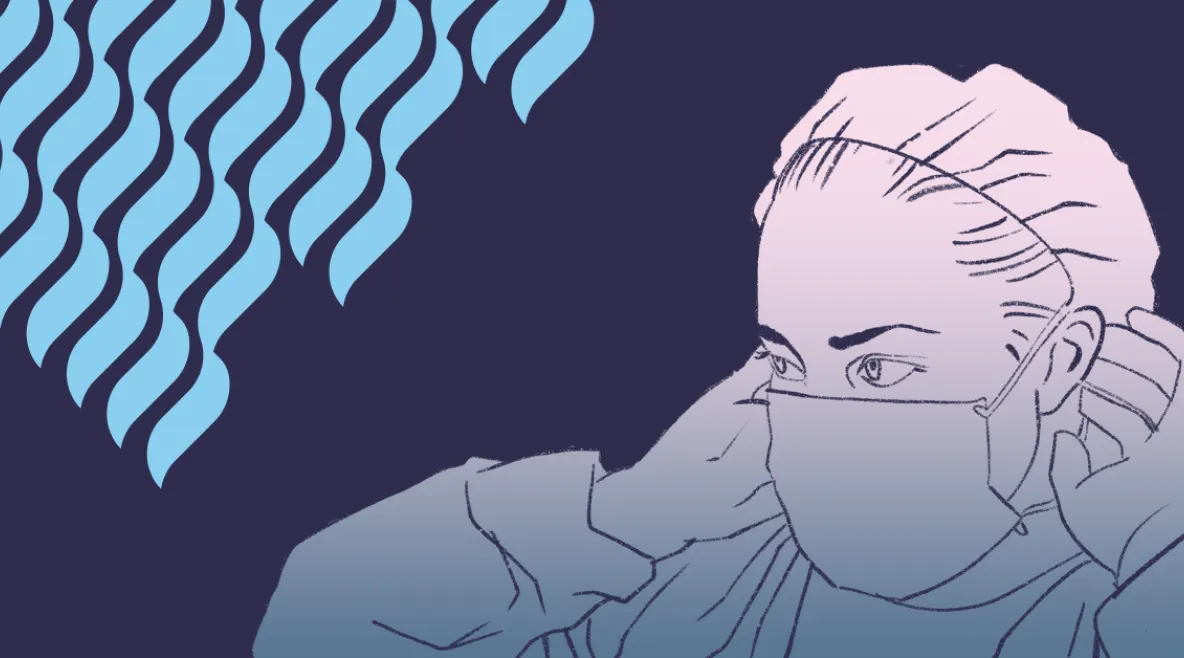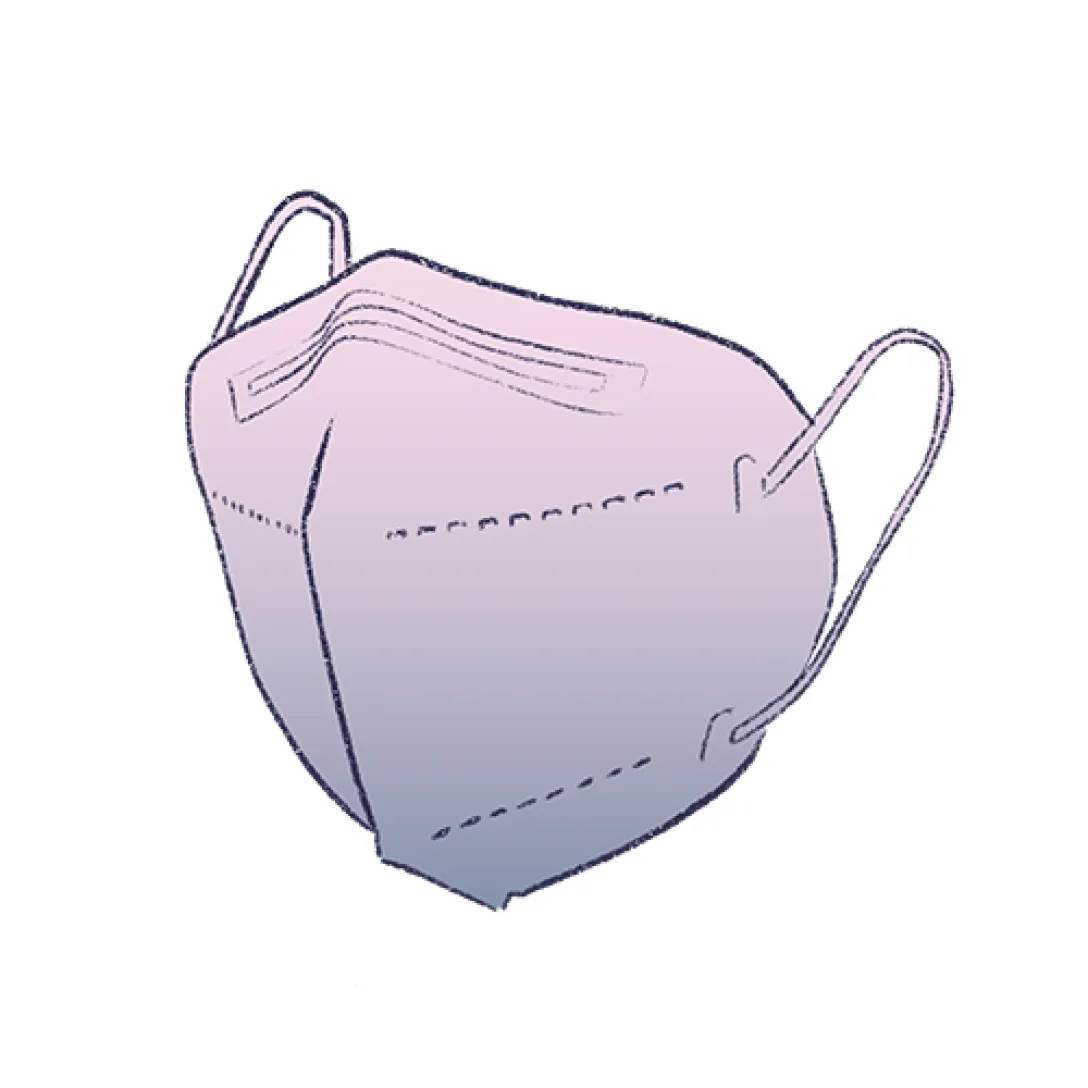The procedure for recognising qualifications is different for those trained in an EU/EEA country versus those trained outside of the EU/EEA. The recognition of the qualifications of individuals from inside of the EU/EEA is governed by the EU Professional Qualifications Directive. For example, nurses’ and midwives’ qualifications have been harmonised across the EU.
However, not all professions have been harmonised this way, which is why Valvira cannot automatically grant an individual the right to practise their profession if they have been trained in another EU/EEA country. If an individual has been trained outside of the EU/EEA, Valvira will assess whether their training qualifies them for the same profession as the Finnish counterpart.
Valvira may require that a person applying for recognition of their qualifications
- take an aptitude test or
- undergo an adaptation period.


